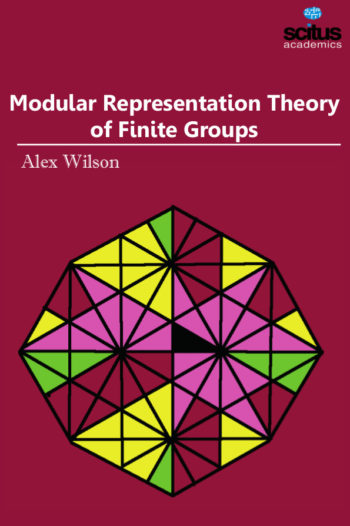Differential calculus is a subfield of calculus concerned with the study of the rates at which quantities change. It is one of the two traditional divisions of calculus, the other being integral calculus.
In differential calculus, primary objects of study are the derivative of a function, related notions such as the differential, and their applications. The derivative of a function at a chosen input value describes the rate of change of the function near that input value. The process of finding a derivative is called differentiation. Geometrically, the derivative at a point is the slope of the tangent line to the graph of the function at that point, provided that the derivative exists and is defined at that point. For a real-valued function of a single real variable, the derivative of a function at a point generally determines the best linear approximation to the function at that point.
Differential calculus and integral calculus are associated by the fundamental theorem of calculus, which states that differentiation is the reverse process to integration. Differentiation has applications to nearly all quantitative disciplines. Derivatives are frequently used to find the maxima and minima of a function. Equations involving derivatives are called differential equations and are fundamental in describing natural phenomena. Derivatives and their generalizations appear in many fields of mathematics, such as complex analysis, functional analysis, differential geometry, measure theory and abstract algebra.
Introduction to Differential Calculus: Systematic Studies with Engineering Applications for Beginners presents the fundamental theories and methods of differential calculus and shows how the discussed concepts can be applied to real-world problems in engineering and the physical sciences. The book sets a solid foundation before advancing to specific calculus methods, demonstrating the connections between differential calculus theory and its applications.













